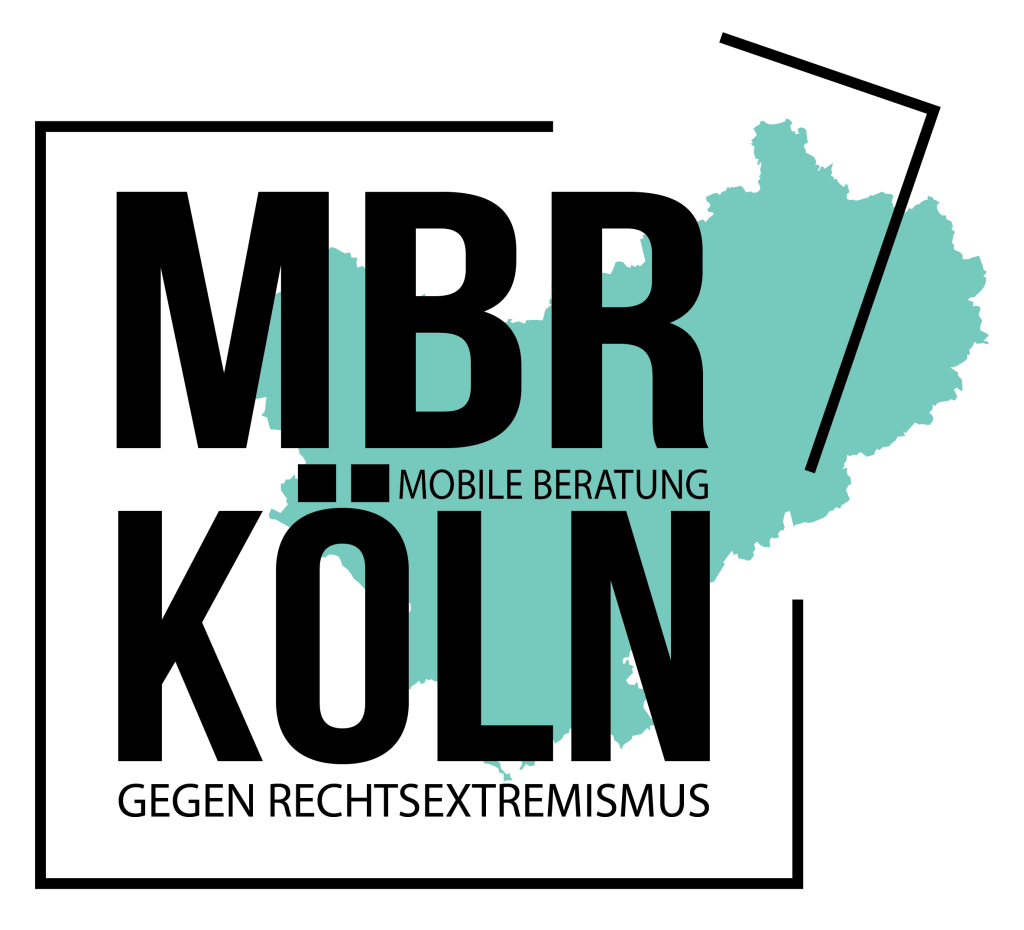Wann: 4. und 5. Dezember 2015
Wo: Hochschule Düsseldorf
Several countries have witnessed severe acts of right-wing terrorism in the past decades. Be it the bank robberies and murder of Alan Berg by ‘The Order’ in the U.S., the mass killing by Anders Behring Breivik in Norway, the racist murders by John Ausonius who became known as the ‘Laserman’ in Sweden, or the racist crimes perpetrated by a group of neo-Nazis in Hungary – not to forget the bombing of Bologna railway station in 1980 and the assassination of Jitzchak Rabin by Jigal Amir. In all these cases, suspects were tried and eventually sentenced. Also, many observers expect a conviction of the defendants in the present proceedings against the NSU in Germany.
Although these crimes have hit the respective societies deeply and created a huge amount of attention, so far there is little sociological research on the impact of these crimes. There is even less academic knowledge about the subsequent court proceedings although those are considered an important contribution to the elucidation of the crimes and the circumstances that made them possible. For some, the trial is also a contribution to justice.
The conference offers the opportunity to discuss questions such as
- What had been the expectations of the wider public or particular groups regarding the course and the outcome of the legal proceedings. Did they materialize? If not what had been the cause?
- How did the media cover the trials and those participating in it?
- How was the balance of power between the actors involved in the criminal procedure? Has it changed over the course of the process? If so, in which way and for what reason(s)?
- What kind of reactions did the legal proceeding provoke from racist/neo-Nazi groups? Did the trial or its outcome influence the political strategy and/or the choice of arms?
- Did the state authorities react to these severe crimes by discussing or adopting new penal codes? Did the society or particular groups find the trial adequate according to their particular understanding of justice?
- How did the behaviour of the accused look like, not least in comparison with other criminal proceedings?
- Have the trials been influenced by the particular political and legal culture? If so, in which way?
- Which aspects of the crimes had been addressed in the course of the trials, which had not been made a topic? For what reasons?
- What are the broader contexts of state responses to the extreme right?
Die Konferenz wird auf Englisch stattfinden.
Der Teilnahmebeitrag beträgt 30 €.
Anmeldung: Prof. Dr. Fabian Virchow
fabian.virchow@hs-duesseldorf.de
Das Programm gibt es hier

